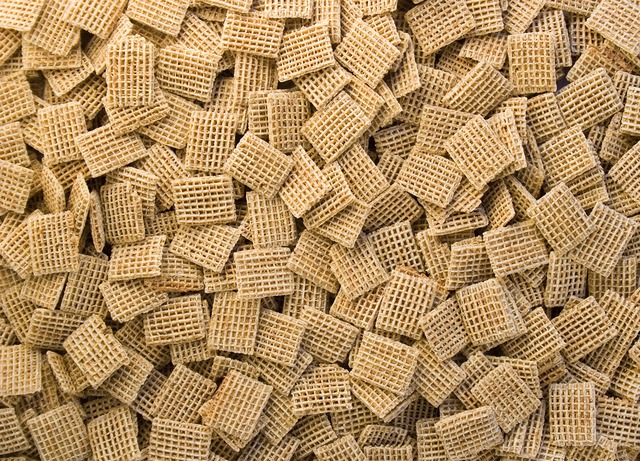Food manufacturers might soon be able to make a label claim on their fibre-containing products. Depending on the food’s fibre content, products could have an anti-depressant benefit, giving manufacturers the opportunity to put some powerful messaging on the package. According to a published study, Chinese researches claim that adding more fibre to your diet can lower depressive symptoms. People who consumed a total of 21 grams of fibre from products such as vegetables, fruit and cereal, were less likely to show depression symptoms.
Products high in fibre are already on consumer radar for the health benefits they currently possess. Aside from this study, fibre is said to have several benefits; a high fibre diet can help with digestion, balance blood sugar levels and lower cholesterol. Ingredients solutions provider, Ingredion, has found a rise in demand for fibre products.
“We continue to experience an increased demand for fibre fortification and calorie and carbohydrate reduction in the retail and foodservice space,” Ingredion vice president of innovation, Igor Playner said in a statement.
Food manufacturers have been adding fibre to products other than whole grains, fruit and vegetables. Fiber One ice cream, Activia Yogurt and even some beverages contain added fibre. The FDA approved the use of several non-digestible carbohydrates to increase the fibre content in manufacturer’s foods, allowing them to increase the amount of fibre listed on their nutrition labels.
This study might make food and beverage manufacturers more interested in incorporating fibre into their products. If they embrace this study, they might be able to catch more consumer attention by an advantageous ingredient to the nutrition label. However, scientists from the School of Public Health at Qingdao University are cautioning that further studies need to be done in order to confirm that fibre intake does indeed affect depression. And since the FDA has yet to approve this health claim, it would be wise for companies to wait before they start investing too heavily in adding fibre to their food products.
This isn’t the first time certain types of foods have been linked to helping with depression. Another study showed that there was a link between diet and depression. In this study, 67 participants with unhealthy diets were observed while making healthier changes to the food they consume. The healthier diets included seeds, olive oil, nuts, fruits, vegetables and eggs. After three months the depressive symptoms in the subjects had reduced.
Aside from fibre, other nutrients have been found to potential lessen depressive symptoms as well. Omega-3 fatty acids are said to affect depressive disorders. Researchers claim that populations that don’t consume enough might have higher rates of depression. Selenium is also said to be linked to reducing depressive symptoms. Even common nutrients such as vitamin D, B vitamins, vitamin E, vitamin C and vitamin A, are all said to play some part in helping to reduce depression.
However, even with all these studies, the link between specific foods and mental health has not been completely substantiated. If manufacturers can confirm that fibre is helpful for more than just physical health, consumers have another reason to be interested in fibre rich products.












Join or login to leave a comment
JOIN LOGIN